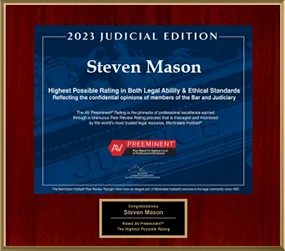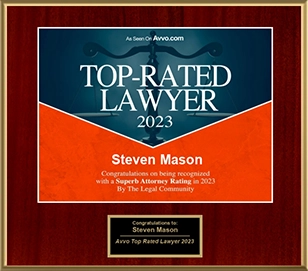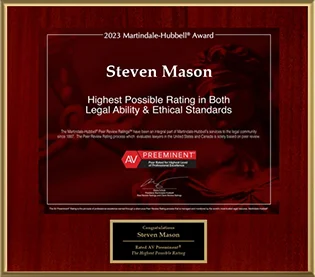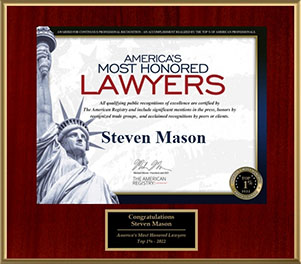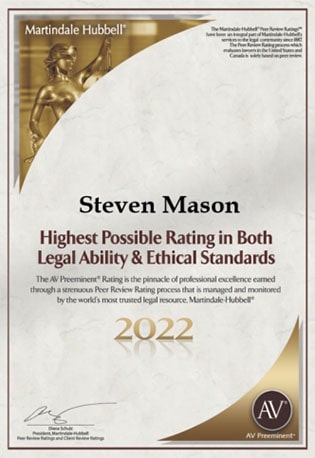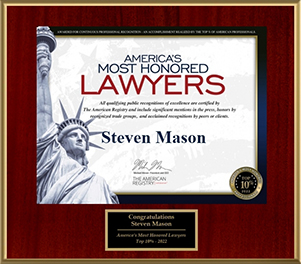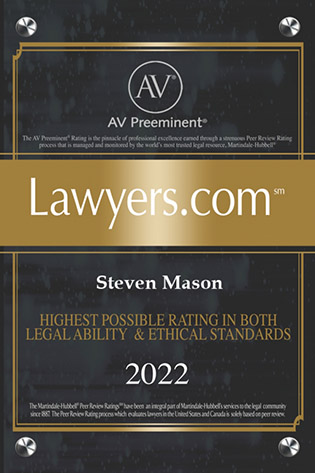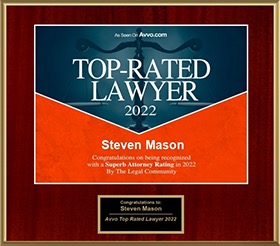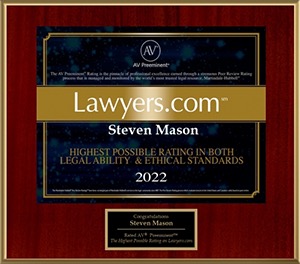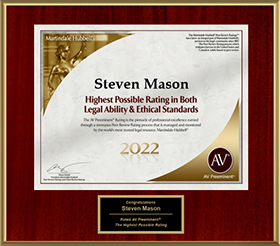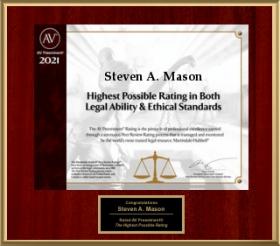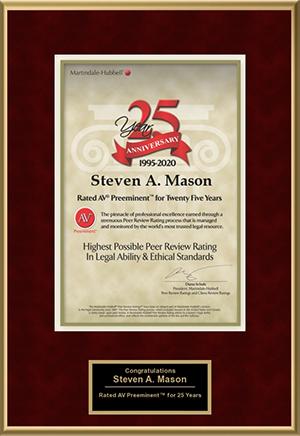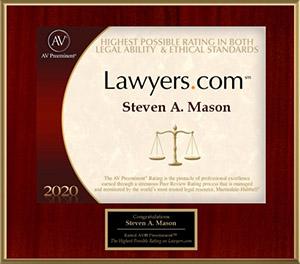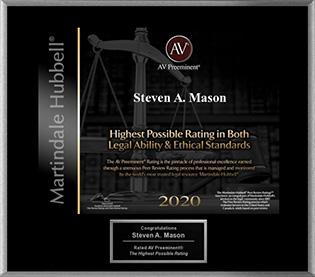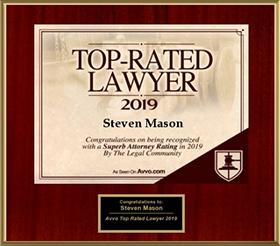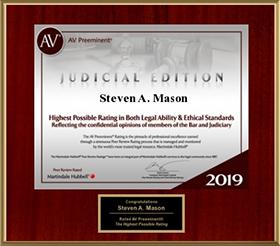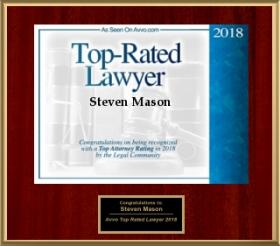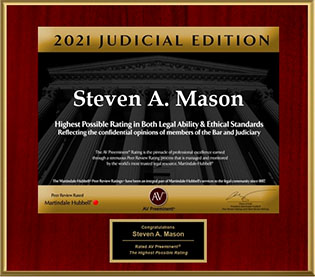Arbitrating A Condo Dispute: The Process
In recent years in Florida, the trend in many areas of law, including condominium and homeowners’ association disputes, has been away from civil trials and toward arbitration, primarily of the non-binding variety. This can be a bit of a shock for those who are uninitiated in the nature of such disputes. It is helpful, before initiating any proceedings, to have a good understanding of how the process actually occurs.
Relationship Between Arbitration & Trial
Unlike other areas of Florida law, nonbinding arbitration is actually mandatory in attempting to resolve most condominium disputes. Sec. 718.112 of the Florida Statutes states that nonbinding arbitration is a “condition precedent to maintaining a civil action” dealing with certain infractions involving condominium associations. However, not every disagreement you may have with your condominium association will fall under this provision. There are specific points of contention that are exempted from this arbitration requirement. Some include:
- Questions of title to a unit or common area;
- Warranty issues;
- Collection of fees;
- Evictions;
- Alleged breaches of fiduciary duty, and other actions implying dishonesty.
The law states explicitly that these interactions are not subject to the nonbinding arbitration clause; in many instances, if you have a complaint, you may simply file a civil action.
The main types of actions that do require nonbinding arbitration are twofold: first, issues involving the authority of the association to order an owner to modify their unit, and second, calling the governing body onto the proverbial carpet for failing to adequately provide notice, hold meetings or make the records of meetings public.
Similarities & Differences
Where many condo and homeowners’ association proceedings fail is that the method for pressing one’s claim is sometimes not fully understood; people believe that the proceedings are identical to a civil trial, when in reality there are both similarities and differences.
For example, ex parte communications, or communications where only one party interacts with the judge or arbitrator, are not permissible in either a trial or at arbitration. Any information imparted in ex parte communications may not be used by the arbitrator in determining the outcome of the matter. Another common similarity seen is that arbitration’s power comes from the arbitrator itself, not unlike that of a judge’s ruling. Mediation, by comparison, gains its power from the mediator assisting both parties in fair and productive negotiations; here, the mediator facilitates a process in which the parties can come to their own decisions collectively.
The differences are where arbitrations can be lost or won. For example, the parties in an arbitration do not have to be represented by attorneys; if need be, they can be represented by a qualified advocate, as long as the arbitrator accepts the appointment. Generally, having an attorney is a better path, simply due to experience, but it is still important to be aware of other options. Those who do not know may think they cannot proceed with their claim, or may accept subpar representation, which adversely affects their chance of success.
Get Your Questions Answered
Arbitration of any kind can be quite complex, and many people wind up having questions or concerns about the process. It is best, in most cases, to contact an experienced condominium dispute attorney and get the answers you need. The Fort Lauderdale law firm of Steven A. Mason, P.A. can help guide you through the process and ensure that you have the best possible chance to get the outcome you prefer. Contact the Fort Lauderdale and Hollywood Law Offices of Steven A. Mason, P.A. for legal advice at 954-963-5900 or leave a message online.


